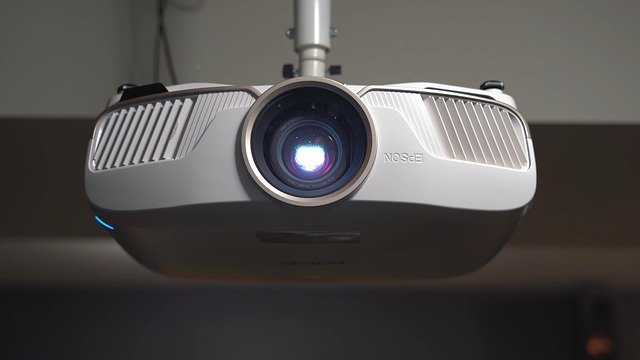Senior Apartments: A Comprehensive Guide to Housing Options for Elderly Adults
As the population ages, finding suitable housing becomes increasingly important for seniors seeking comfort, safety, and independence. Senior apartments offer specialized living spaces designed to meet the unique needs of older adults while maintaining their autonomy and quality of life. Understanding the various options and considerations can help make this important transition smoother.

Financial Planning for Senior Housing
Planning for senior housing requires careful consideration of various financial aspects. Monthly rent, utilities, and additional service fees can impact overall costs. Many seniors utilize retirement savings, Social Security benefits, or pension income to cover housing expenses. Working with a financial advisor can help create a sustainable long-term housing budget.
Key Housing Features for the Elderly
Senior apartments typically include safety features and accessibility modifications essential for aging residents. Common elements include:
-
Wide doorways and hallways for wheelchair access
-
Emergency call systems
-
Grab bars in bathrooms
-
Non-slip flooring
-
Enhanced lighting
-
First-floor access or elevator service
Cost Considerations and Available Options
Senior apartment costs vary significantly based on location, amenities, and included services. Below is a comparison of typical senior housing options:
| Housing Type | Monthly Cost Range | Included Services |
|---|---|---|
| Independent Living | $1,500 - $4,000 | Basic utilities, maintenance, some meals |
| Assisted Living | $3,500 - $7,000 | Personal care, meals, housekeeping |
| Active Adult Communities | $1,200 - $3,000 | Community amenities, maintenance |
| Subsidized Senior Housing | $400 - $1,200 | Basic utilities, maintenance |
Prices, rates, or cost estimates mentioned in this article are based on the latest available information but may change over time. Independent research is advised before making financial decisions.
Making the Transition to Senior Housing
The transition to senior housing requires careful planning and consideration of various factors:
-
Location proximity to family and healthcare facilities
-
Community atmosphere and social opportunities
-
Available transportation options
-
Pet policies
-
Guest accommodation rules
-
Storage space and downsizing needs
Most senior apartments offer lease agreements specifically designed for elderly residents, often including provisions for medical emergencies and accessibility modifications. Many communities also provide social activities and wellness programs to promote an active, engaged lifestyle while maintaining independence in a supportive environment.
Remember that choosing the right senior apartment involves balancing personal preferences, financial resources, and long-term care needs. Take time to visit multiple communities, review lease terms carefully, and consider future care requirements when making this important housing decision.






